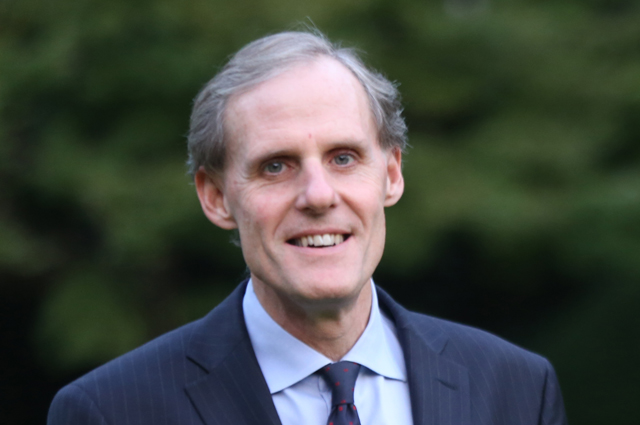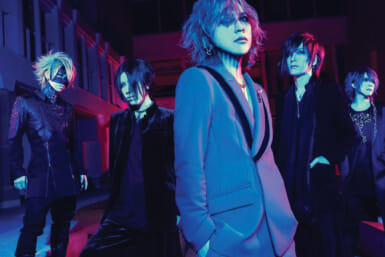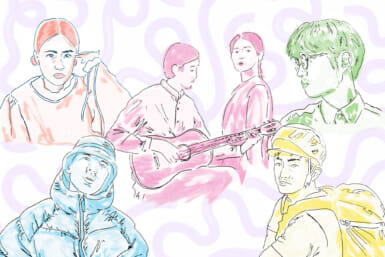From the Japanese influence on the Impressionists to the first automobile driven in Japan (a Panhard-Levassor), the social and cultural ties between the two nations run deep, and from our conversation with Ambassador Christian Masset, it is clear that they are continuing to grow.
In 1614, the samurai Tsunenaga Hasekura visited the French city of Saint-Tropez. It is said that the people of this Mediterranean city were taken with the ways of this exotic visitor from half a world away; undoubtedly the 17th-century Japanese were equally taken with the ways of François Caron, a French-descended Director of the Dutch East India Company, who lived in Japan for 20 years.
During Japan’s period of isolation, scholars were still able to learn from the flourishing of scientific investigation in Europe. Developments in chemistry, the life of Napoleon, and the invention of the hot-air balloon were all followed from afar, and after the island nation opened up again, this exchange of knowledge and culture could happen face to face, and at an even greater speed.
We saw one symbol of this connection at the beginning of the interview. In contrast to the high modernity of the French Embassy building, one of the first things that greets visitors to the ambassador’s office is a traditional Japanese bow and four arrows resting in a stand, in honor of the World Championship of kyūdo—Japanese archery—which will be held in Paris next year.
“I think that we all feel that we are extremely fortunate to live in Japan. It is a great country with a lot of opportunities and which brings a lot, in all senses, to us.”
Ambassador Masset looked back at 2013 as “a very rich year.” It included President François Hollande’s state visit to Japan—one of only three such visits, “and one that was crucial in establishing a clear roadmap for our countries’ strategic partnership;” the 50th anniversary of the Treaty of Élysée, which sealed the reconciliation between France and Germany; and progress towards Free Trade and Strategic Partnership Agreements between the EU and Japan.
“Finally, it was a year to celebrate our two nations’ dedication to culture, including the Louvre Méditerranée exposition at the Tokyo Metropolitan Museum—the largest exposition that the Louvre has ever held outside France. French tourists were also drawn to Japan in large numbers, up 20% from 2012, and we know that tourism is important not only for economy but also for a better understanding between people.”
Masset looks forward to another positive year, especially in the cultural field: “2014 will mark the 90th anniversary of the Japanese-French cultural partnership, which formally began with the founding of the Maison Franco-Japonaise research institute in 1924. We’re looking forward to a wonderful cultural season with more than 150 events in all fields: conferences, exhibitions, cinema festivals, concerts, and other performances all around Japan.
In general, Masset believes that the overall mood of the French community is very positive, an impression that is borne out by many indicators: “Since 2011, the size of the French community has increased by 27%, and last year it increased by more than 10%. You have many young people coming to Japan: some after they’ve finished their studies, out of a love for Japanese culture, and young executives coming with kids and families to work in French and foreign companies. You can also see this change in our schools as well. At the French International School in Tokyo, there are almost 1,000 students enrolled this year: over 10% more than last year.”
Looking farther ahead—as many Tokyoites are doing—to the 2020 Olympics, Ambassador Masset sees a great opportunity for Tokyo and Japan: “This gives everyone more confidence in the future. And for the 400 French companies employing more than 60,000 people in Japan, this will be another reason to focus on this country. We very much hope that the Tokyo 2020 will also be the Olympic Games of linguistic diversity. The whole world will come to Tokyo and Japan, and so it’s very important for Japan to be able to speak to these people in their own languages, including French, one of the two official languages of the Olympic Games.”
In closing, Ambassador Masset had this message for Weekender’s readers: “I think that we all feel that we are extremely fortunate to live in Japan. It is a great country with a lot of opportunities and which brings a lot, in all senses, to us. And we all feel that in 2013 has been an exceptional year, and so what I wish for 2014 is that the upbeat atmosphere continues, and we share this enthusiasm that is spreading, and that we work with it.”
Image: MAE/F. de La Mure









